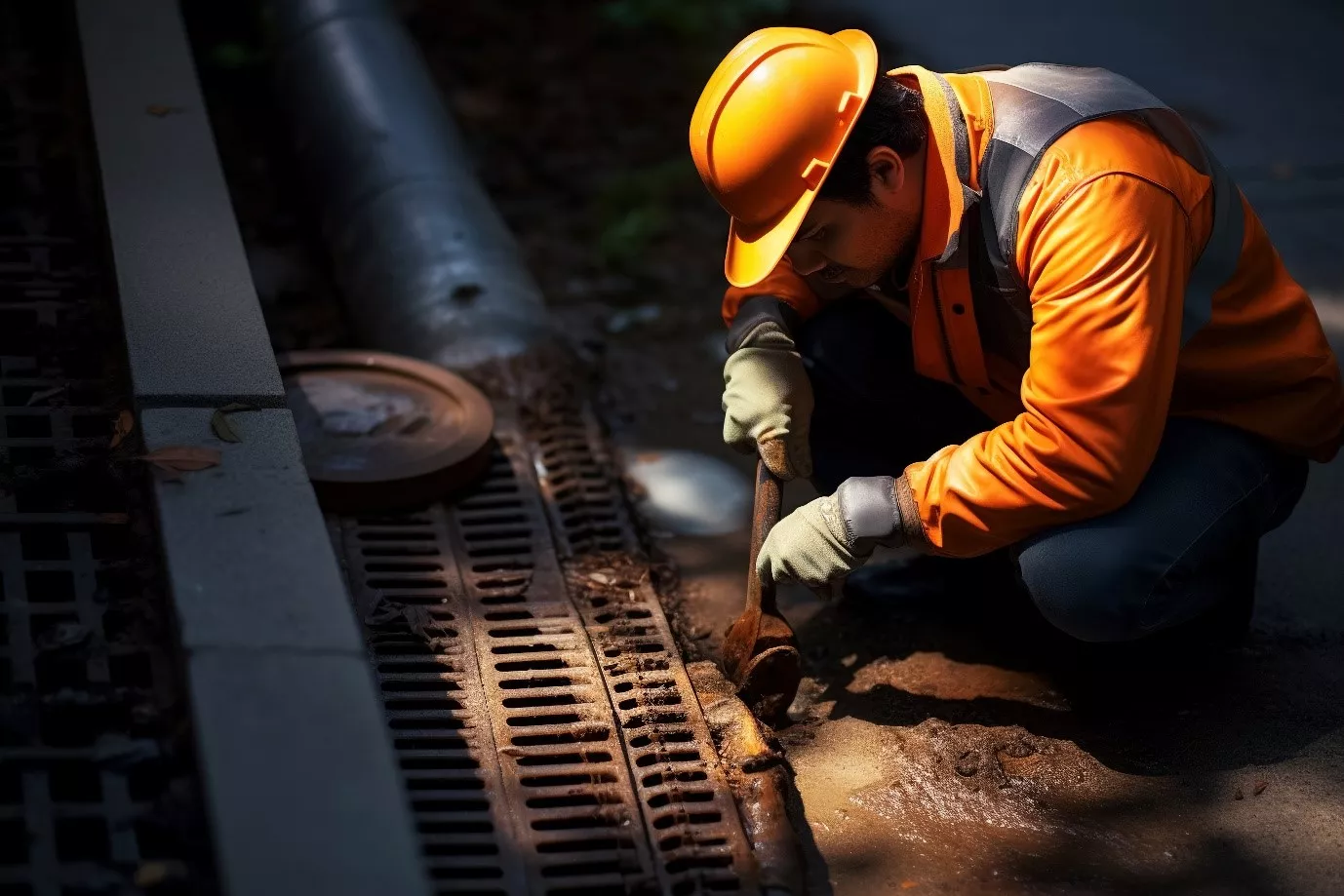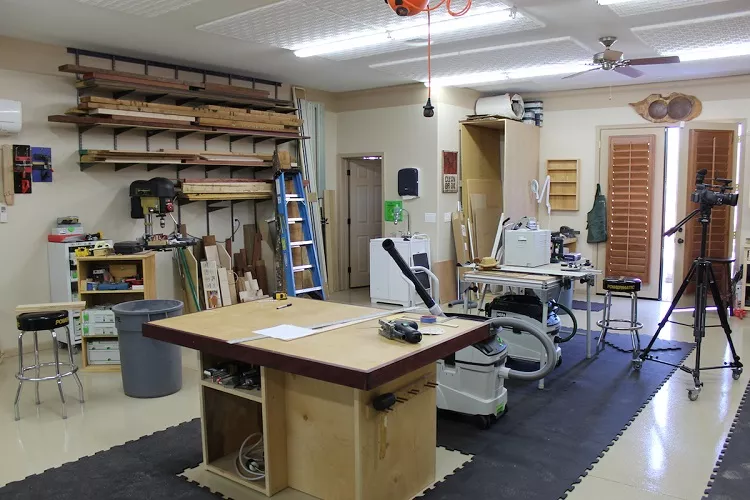Bring Life to Your Living Space

Water plays a central role in the comfort, safety and long term health of every home. From daily routines to the unseen work happening beneath the ground, water must be managed carefully to prevent unnecessary damage and ensure the home functions efficiently. In recent years, homeowners across the United Kingdom have recognised the growing importance of smart water management. Changing weather patterns, increased rainfall in some regions and the rising cost of repairs mean that managing water wisely is not just a recommendation. It is essential.
Smart water management involves understanding how water enters, flows through and exits a property. It is about using household systems correctly, identifying weak points, maintaining drainage structures and planning ahead to prevent future problems. Many householders now rely on drainage experts in East London when issues arise, which shows how vital professional advice has become for managing water effectively in busy urban environments.
The foundation of smart water management begins with awareness. Homeowners who recognise early signs of trouble, maintain their drainage systems and take steps to prevent avoidable problems protect both their property and their financial wellbeing. When water is controlled properly, daily living becomes smoother, safer and more sustainable.
Understanding the Journey of Water in a Home
Every drop of water that enters a property follows a journey. Whether it arrives through taps, rainfall or underground systems, the home must guide it safely to its intended destination. When this journey is disrupted, problems can emerge silently or suddenly. Understanding this flow helps homeowners prevent long term damage.
Key stages in the movement of water
- Water supplied through domestic plumbing
- Wastewater exiting through internal drainage channels
- Rainwater moving across roofs and down external pipes
- Groundwater interacting with outdoor drains
- Surface water dispersing across driveways and gardens
When any of these stages becomes obstructed or overwhelmed, the home may experience leaks, dampness, flooding or structural concerns.
The Increasing Importance of Smart Water Management
Weather conditions in the United Kingdom continue to change. Sudden downpours, heavier rainfall and extended wet seasons place increased demand on domestic drainage systems. Homes that previously coped well with average rainfall may now struggle to manage the sudden volume of water.
Smart water management is no longer simply a matter of convenience. It is essential for maintenance, safety and future planning.
Reasons water management is becoming more important
- Greater risk of surface water flooding during heavy rain
- Ageing drainage systems in older properties
- Increased pressure on shared community drainage networks
- Rising costs of repairs caused by water damage
- Greater focus on sustainability and efficient water use
- Expansion of new household devices that rely on plumbing
Homes that adapt early will remain resilient in the years ahead.
Common Problems Caused by Poor Water Management
Water related issues rarely disappear on their own. In most cases they worsen gradually and eventually lead to expensive repairs. Being aware of the risks encourages a proactive approach.
Typical household issues resulting from unmanaged water
- Persistent damp patches on walls or ceilings
- Slow draining sinks and showers
- Unpleasant smells emerging from drains
- Overflowing gutters during rainfall
- Pooling water in gardens or driveways
- Cracks in exterior walls due to long term moisture exposure
- Mould growth in bathrooms or kitchens
Each issue has its own cause, yet many stem from the same underlying problem. Water is not being directed or managed correctly.
The Role of Good Drainage in Smart Water Management
Drainage is the backbone of water control. When drains function correctly, water flows away from the home quickly and safely. When drains become blocked or damaged, the entire system is affected. Water that should have left the home begins to linger, back up or escape into unwanted areas.
Benefits of well maintained drainage
- Prevents flooding during heavy rainfall
- Protects structural foundations from long term moisture
- Reduces mould and mildew risk
- Supports efficient household routines
- Extends the lifespan of plumbing installations
Drainage care is simple when approached routinely but becomes challenging when ignored for long periods.
Everyday Habits That Support Smart Water Management
Consistency is key to preventing water problems. Small habits performed regularly make a significant difference in keeping household water systems functioning effectively.
Helpful daily and weekly practices
- Avoid letting food waste enter kitchen sinks
- Keep hair and soap scum out of bathroom drains
- Check exterior drain covers for leaves and debris
- Clean gutters at least twice a year
- Run hot water through sinks after handling oily dishes
- Monitor water pressure throughout the home
- Look for early signs of damp patches indoors
These habits help reduce strain on the drainage network and keep water moving freely.
Outdoor Spaces and Water Flow Control
Smart water management also involves maintaining areas outside the home. Many homeowners overlook the importance of garden design, driveway layout and general outdoor maintenance in preventing water problems.
Outdoor measures that improve water management
- Ensure gardens slope away from the property
- Keep drainage channels at the edge of driveways clear
- Maintain healthy soil that absorbs water correctly
- Trim tree roots that grow close to underground pipes
- Clear patios to prevent blockages in external drains
- Check outdoor taps for leaks during colder months
A well planned outdoor environment supports the entire drainage system.
Early Warning Signs Homeowners Should Monitor
Addressing small issues early prevents costly repairs. Smart water management depends on the ability to notice small changes before they become major problems.
Warning signs that something is wrong
- Sinks or showers that drain slower than usual
- Gurgling noises from plumbing
- Foul smells emerging from plugholes
- Water pooling in the same area after every rainfall
- Sudden drops in water pressure
- Discolouration or staining on walls
- Repeated condensation in rooms with no change in habits
Monitoring these signs helps protect the home from preventable damage.
The Value of Professional Support
Although many aspects of water management can be handled independently, some situations require expert evaluation. Professionals use specialised equipment to identify hidden issues such as deep blockages, pipe deterioration or underground root intrusion.
Times when expert assistance is essential
- When repeated blockages keep returning
- When outdoor drains fill with water during rainfall
- When damp appears without any clear cause
- When old pipework needs inspection
- When new appliances or facilities are installed
- When planning home extensions or major renovations
Expert insight provides long term reassurance and prevents recurring problems.
Building a Sustainable Future Through Smart Water Practices
Effective water management contributes to long term sustainability. By reducing waste, preventing damage and ensuring efficient systems, homeowners create safer and more environmentally responsible living spaces.
Sustainable benefits of smart water management
- Reduced reliance on emergency repairs
- Lower household water usage
- Increased lifespan of domestic plumbing
- Better protection against extreme weather
- A healthier indoor environment free from damp
- Improved resale value of the property
Sustainable homes are resilient homes.
Conclusion
Smart water management is essential for every homeowner who wants to protect their property, reduce long term costs and maintain a safe and comfortable living environment. By developing good habits, understanding how water moves through the home and recognising early warning signs, it becomes possible to prevent the most common and damaging problems. With thoughtful planning and occasional professional guidance, every home can achieve a level of water efficiency that supports modern living and ensures long term peace of mind.



